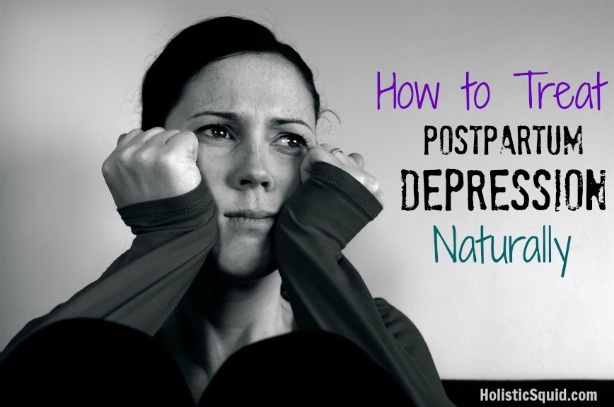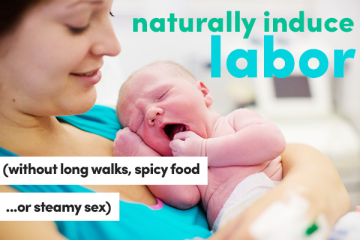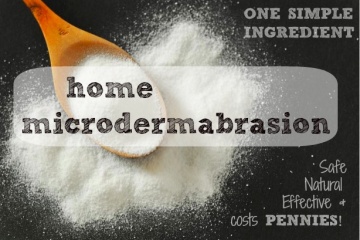
After months and months of anticipation, you finally have your baby in your arms. But why aren't you brimming with joy and happiness? Is there something wrong with you?
Feeling low, isolated, overwhelmed, and scattered for days or weeks after giving birth isn't a sign of weakness or something you should just “get over.”
Postpartum depression is a real condition. It can happen to first time moms or veterans, and thankfully can be treated naturally.
When postpartum depression strikes, two main things happen
First of all, physical depletion and hormone imbalance will leave you feeling tired and sluggish, and potentially depressed. Changes in your metabolism and blood loss that normally follow childbirth can also contribute to feeling low.
According to Chinese medicine, whether or not you lost a lot of blood during childbirth, all postpartum moms have some degree of “blood deficiency.” In Chinese medicine the blood is said to “house the emotions,” so postpartum women often experience emotional instability.
Secondly, having a baby is a MAJOR lifestyle adjustment: Not only did you just accomplish childbirth, but now that baby that came out of your body is STILL HERE. Your baby needs your attention 100% of the time, regardless of how exhausted you feel. Despite how helpful other family members may be, you still may feel overwhelmed and depressed.
If you consider all the adjustments you've gone through physically and emotionally since giving birth, you can certainly understand why you're not feeling on top of the world. Luckily there are plenty of simple and effective measures that can help treat postpartum depression naturally.
How to treat postpartum depression naturally
#1 – Ask for help
Whether or not you've admitted it yet, you need help – with the baby, with the household chores, and with caring for your other children and yourself. Ask friends or family members or hire someone, if need be. Yes, now that you are a mom, you ARE a superhero! But this still does not mean you can do everything yourself.
#2 – Make time for yourself
No matter how badly you may feel the need to push yourself to be everything to your new baby and the rest of your household, you need to make time to relax in whatever way you most enjoy.
Get a massage, go to yoga, meet a friend for tea. Just make sure your “me” time does not end up disguised as baby-time errands.
#3 – Talk to other moms
Though you may feel alone, you are not. Find other moms to talk to about your experiences. Join new mom's support groups in your area and/or online. Community is not always readily available in our modern world, but with a little effort we can have the support and advice of our peers while we help other moms, too.
#4 – Eat the right foods
You can help your body and mind adjust to the challenges you're facing by drinking plenty of liquids, a variety of cooked vegetables, grains and meats. Even if your appetite is down due to depression, make an effort to eat small regular healthy meals throughout the day.
Best case scenario, someone cooks for you. If you're making your own dish, meal planning may help. Specific foods to build blood include:
- Liver
- Red meat
- Poultry
- Fish, especially oysters
- Soups– especially when made from bones
- Eggs
- Dark green veggies
- Black beans
- Black sesame seeds
- Molasses
- Beets (eat the greens too)
- Avocado
- Dates
- Fresh dark red fruits and juices like pomegranates and berries
#5 – Eat your placenta
No, I'm not joking. In nature all mammals consume their placenta after their young is born.
This is in part for protection from predators and also to restore blood-building nutrients back into their bodies.
Having your placenta freeze-dried and encapsulated for your consumption can do wonders for lifting you from the postpartum blues, restore vital energy, and can even be used to help with future illnesses for you or your baby.
Read more about placenta encapsulation here.
#6 – Get acupuncture
I know I'm partial, but those tiny needles are highly effective at balancing hormones, restoring energy levels, and helping new moms adjust physically and emotionally to life with a new baby.
#7 – Prioritize sleep
The old “sleep when the baby sleeps” adage is tough to follow, but holds true.
Sleep is a requirement to recover from physical depletion and emotional stress. Get in the habit of sleeping when your baby sleeps, and ask for help as needed to allow yourself to do so.
Sometimes you may need more support and that is absolutely OK!
Now's a good time to see your therapist or get a referral for one.
Postpartum Support International can help you find the help your need.
Last, but not least, if you are feeling desperate, considering hurting yourself, your baby or others, contact your midwife or doctor immediately. Help is available to you, and you are not alone.
The amount of time it takes to experience relief from postpartum depression varies, but the more steps you take to help yourself through this challenging period, the faster you'll be feeling yourself.
The first move to managing postpartum depression is to recognize that you CAN overcome it. It's then a matter of following through with your self-care and trusting that you will feel better soon.
Have you struggled with postpartum depression? What helped you get through it?












Leave a Reply